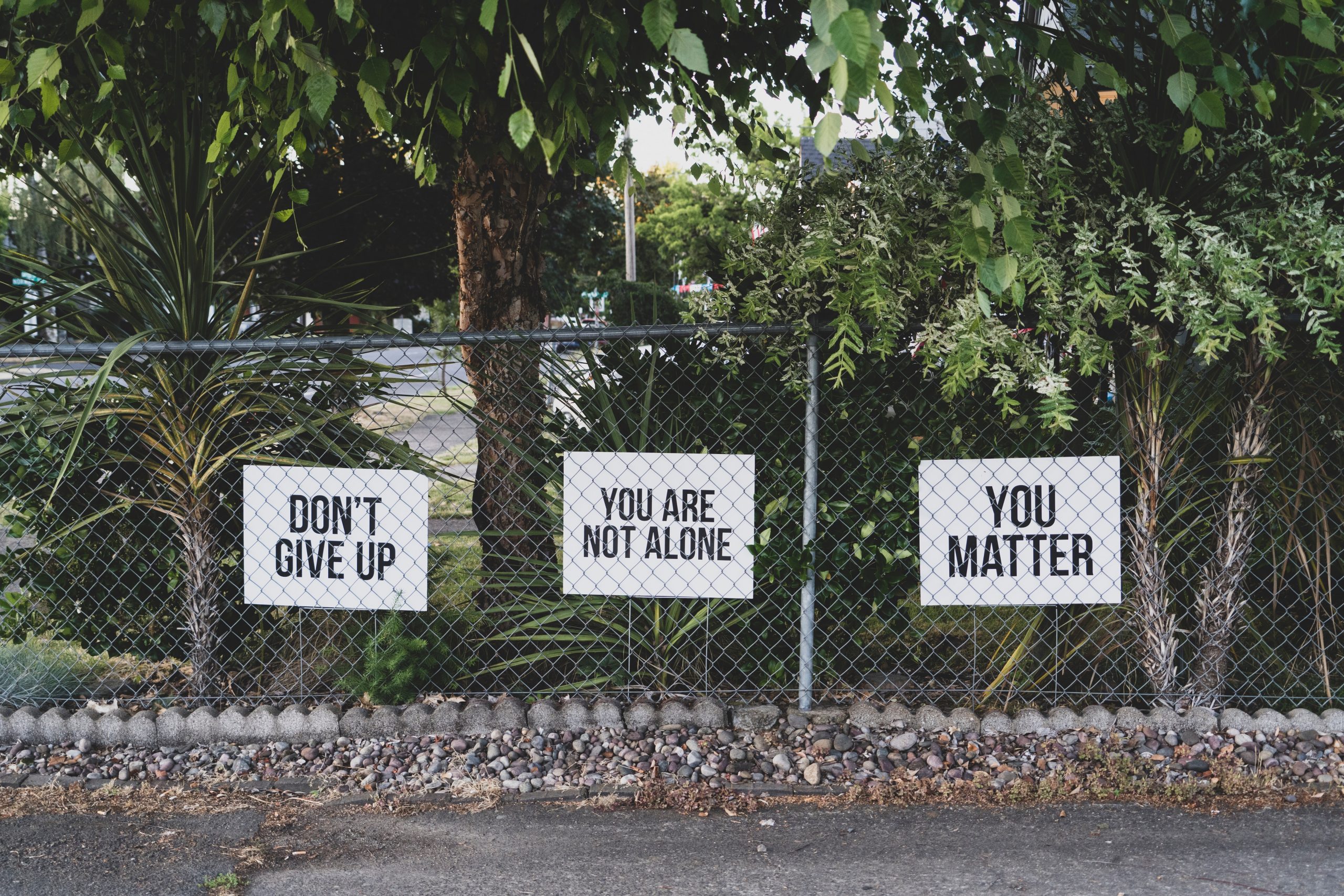Suicide Doesn’t Discriminate

The death of former Miss USA Cheslie Kryst, who was also a lawyer, activist, athlete, Emmy-winning television presenter and fashion blogger, is a stark reminder that mental illness doesn’t discriminate. Even those who seem to have it all can face seemingly insurmountable feelings of hopelessness.
In an essay published in Allure magazine last year, Kryst described two existential challenges: finding meaning and aging, both in a culture that values youth, beauty, and public accolades.
She described constantly trying to achieve more, earning simultaneous law and MBA degrees, winning trial and writing competitions, and achieving positions on executive boards. “I nearly worked myself to death, literally,” she wrote, “until an eight-day stint in a local hospital sparked the development of a new perspective.” She described her feelings of emptiness and wrote that some might regard her drive as “the unquenchable thirst of insecurity.”
On turning 30, Kryst reflected on the challenges of aging in a culture that heavily values youth and beauty. “A grinning, crinkly-eyed glance at my achievements thus far makes me giddy about laying the groundwork for more, but turning 30 feels like a cold reminder that I’m running out of time to matter in society’s eyes — and it’s infuriating,” she wrote.
Kryst used her platform as Miss USA to promote social justice and racial pride, but some traditionalists bristled at her outspokenness, and others criticized her age (28; the oldest ever Miss USA), her body (five-foot-six and athletic) and her natural hair.
According to the National Institute of Public Health, suicide is the second leading cause of death of Americans between the ages of 10 and 34 and is on the rise. In 2019, 12 million adults had “serious thoughts of suicide.” Though traditionally more men than women have died by suicide, the rate for females went up by 50% between 2000 and 2016, as opposed to 21% for males.
Depression is a major cause. Women are more than twice as likely as men to experience major depression, and although Kryst did seek mental health counseling, Black women are 50% less likely to seek help than their White counterparts.
Other causes include perfectionism and fear of humiliation. According to several studies, college students are becoming increasingly perfectionist, responding to social pressures and societal expectations. In addition to suicide, perfectionism can lead to depression, anxiety, self-harm, OCD, eating disorders, and more.
Check in on your loved ones, even if they seem to “have it all,” and try to instill hope. Encourage them to reach out for support while providing unconditional care. The toll-free National Suicide Prevention Lifeline at 1-800-273-TALK (8255), is available 24 hours a day, 7 days a week. All calls are free and confidential. Or use the Crisis Text Line by texting HELLO to 741741. The Suicide Prevention Resource Center of Maryland also has resources and contact information for support.
by Lisa Isenman, LGPC Intern
https://www.allure.com/story/cheslie-kryst-miss-usa-on-turning-30
https://www.apa.org/pubs/journals/releases/bul-bul0000138.pdf
https://www.bbc.com/future/article/20180219-toxic-perfectionism-is-on-the-rise
https://www.ncbi.nlm.nih.gov/pmc/articles/PMC7068323
https://www.nimh.nih.gov/health/topics/suicide-prevention
https://www.nytimes.com/2022/01/31/us/cheslie-kryst-dead.html
